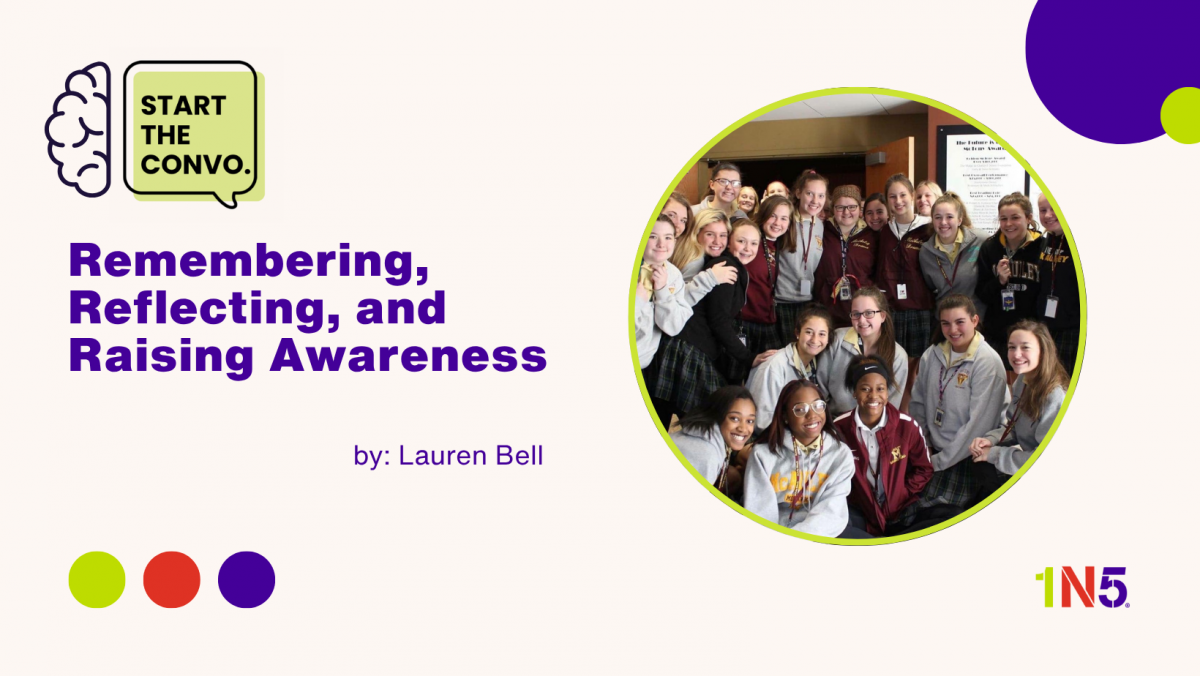Losing someone to suicide is devastating. Losing two close friends is an ache that words cannot fully describe. For me, the grief was heavy, disorienting, and long-lasting. I remember walking through days in a fog, struggling to understand why I felt the way I did.
Maggie was like a sister. We first connected in high school through an after-school mental health group, and from the beginning, her energy was magnetic. She could walk into any room and immediately lift the mood—turning on music, getting people laughing, and making everyone feel included. Maggie cared deeply for others, always showing up when someone needed her. Her loss shook our community to its core.
Rob carried that same spirit of joy. At every church retreat, he was the one cracking jokes, organizing games, and ensuring no one felt left out. He brought laughter and connection wherever he went. None of us could have imagined how dramatically our lives were about to change.
The aftermath of their deaths was confusing and heavy. Like many survivors of suicide loss, I often questioned whether I had missed the signs. That guilt and self-doubt can be consuming. Over time, though, I’ve learned that mental illness isn’t always visible. Even those who laugh the loudest and give the most can be silently struggling.
Survivors of suicide loss face their own mental health battles—grief, trauma, guilt, and sometimes depression or anxiety. Yet, conversations about suicide remain difficult for many to have. That’s why breaking the silence is so important.
Language is one way we can begin to change the culture. Shifting the way we talk about suicide—using terms like “died by suicide” or “took their own life”—creates space for compassion and empathy. These small changes help chip away at the stigma and open the door for honest dialogue.
Most importantly, we need to check in with one another. Ask the hard questions. Show up for your friends, even when it feels uncomfortable. And if you are struggling, please know this: you are not alone. Your life matters. You deserve support, healing, and hope.
In honor of Maggie, Rob, and all those we’ve lost, we must keep talking, keep listening, and keep working toward a world where no one feels alone in their pain.

